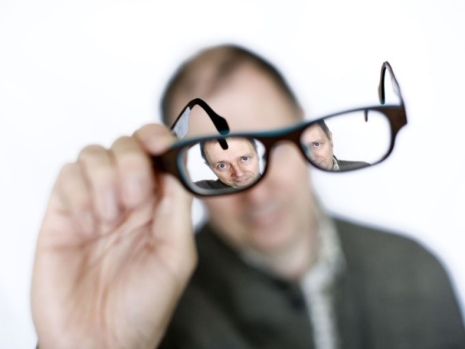Event Start Date:
1. September 2024 | Event End Date:
1. September 2024 | Event Venue:
Event has been postponed until later in the fall. |
NOTE: this lecture by Lucia Melloni has been postponed until further notice and will not be held on 1st of september 2024.
About the event:
Prof. Lucia Melloni, PhD, Max Planck Institute for Empirical Aesthetics, Frankfurt
will give a lecture in our forum:
An adversarial collaboration to critically evaluate theories of consciousness
Time: September, 2024 (date and time to be decided)
Venue: Auditorium 1, Sverdrups hus (the main library), Blindern Campus, University of Oslo
Dr. Lucia Melloni is a leader of the ongoing, large-scale, international adversarial collaboration to critically evaluate leading theories of consciousness, involving 11 partners, funded by the Templeton World Charity Foundation.
The first experimental results were announced in June 2013 at the 26th meeting of the Association for the Scientific Study of Consciousness (ASSC) in New York City.
Dr. Melloni has been investigating the neural underpinnings of perception (vision), how and why we experience (consciousness) and how those experiences get imprinted in our brain (learning and memory). She has used multiple methods, ranging from invasive and non-invasive electrophysiological and neuroimaging, behavioral techniques, and online surveys. The most recent one focus is on laminar electrophysiology in humans. Finally, she is committed to team-science and open science practices and she is leading a large-scale adversarial collaboration, involving 11 international collaborators to learn more about the footprints of consciousness.
Some articles by Lucia Melloni
Melloni L, Mudrik L, Pitts M, Bentz K, Ferrante O, Gorska U, Hirschhorn R, Khalaf A, Kozma C, Lepauvre A, Ling L, Mazumder D, Richter D, Zhou H, Blumenfeld H, Boly M, Chalmers D, Devore S, Fallon F, de Lange FP, Jensen O, Kreiman G, Luo H, Panagiotaropoulos TI, Dehaene S, Koch C, Tononi G. (2023). An adversarial collaboration protocol for testing contrasting predictions of global neuronal workspace and integrated information theory. PLoS ONE
Alasfour A, Gabriel P, Jiang X, Shamie I, Melloni L, Thesen T, Dugan P, Friedman D, Doyle W, Devinsky O, Gonda D, Sattar S, Wang S, Halgren E, Gilja V (2022). Spatiotemporal Dynamics of Human High Gamma Discriminate Naturalistic Behavioral States. PLOS COMPUT. BIOL. 18(8): e1010401. doi.org/10.1371/journal.pcbi.1010401
Xu C, Gao J, Gao J, He F, Yu J, Ling Y, Li H, Li J, Melloni L, Luo B, Ding N (2022). Statistical learning in patients in the minimally conscious state. CEREB. CORTEX. bhac222, https://doi.org/10.1093/cercor/bhac222. medRxiv 2022.01.04.22268656; doi: doi.org/10.1101/2022.01.04.22268656
Yaron I, Melloni L, Pitts M, Mudrik L (2022). The Consciousness Theories Studies (ConTraSt) database: analyzing and comparing empirical studies of consciousness theories. NAT. HUM. BEHAV. Feb 21. doi: 10.1038/s41562-021-01284-5. Epub ahead of print. PMID: 35190711.
Pu Y, Kong X, Ranganath C, Melloni L (2022). Event boundaries shape temporal organization of memory by resetting temporal context. NAT COMMUN Feb 2;13(1):622. doi: 10.1038/s41467-022-28216-9. PMID: 35110527; PMCID: PMC8810807.
Lepauvre A & Melloni L (2021). The search for the Neuronal Correlates of Consciousness: Progress and Challenges. PHIMISCI, 2. https://doi.org/10.33735/phimisci.2021.87
Vilas M, Auksztulewicz R, Melloni L (2021). Active Inference as a Computational Framework for Consciousness. REV.PHIL.PSYCH. https://doi.org/10.1007/s13164-021-00579-w
Melloni L, Mudrik L, Pitts M, Koch C (2021). Making the hard problem of consciousness easier. SCIENCE, 372 (6545), 911-912, doi: 10.1126/science.abj3259










